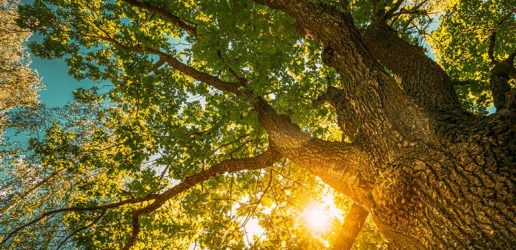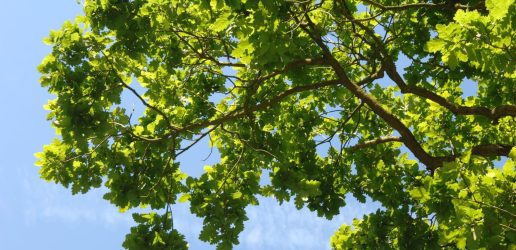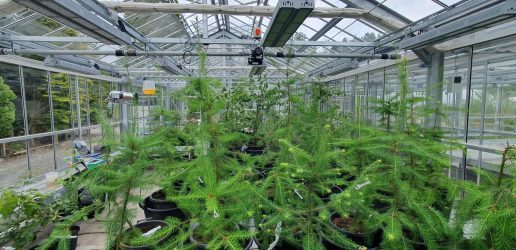A novel research project at Alice Holt forest has unearthed the UK’s rarest earthworm.
Current earthworm distribution records indicate that some UK species are rare or very rare. However, fieldwork conducted in November 2017 yielded three new records of the nationally very rare species Dendrobaena pygmaea, boosting the national records of this earthworm from six records to nine.
The discovery was made during work for a project that aims to develop a systematic method for sampling forest deadwood for earthworms. As well as standard soil pit sampling, the team sampled beneath deadwood bark and in the soil underneath the deadwood. All samples were taken from the chronosequence of forest stands established in the Environmental Change Network at Alice Holt forest in Surrey.
What does this tell us?
This finding suggests that some of the more rare species of earthworms may in fact simply have typical habitats that are under-sampled. Most of the UK’s earthworm research and surveys to date have focused on agricultural land. In addition, when forest habitats are sampled, important microhabitats (such as deadwood) are often overlooked by standard sampling methods.
Undertaking micro-habitat surveying alongside traditional sampling in forest habitats may reveal a wealth of new information and fundamentally change our understanding of earthworm species’ distributions and ecologies.
D. pygmaea
D. pygmaea is a small species, averaging 20‒35 mm in length. Current UK distribution records show it to be limited mainly to the south of England, with an additional record from the East Midlands. Its habitat preferences are understood to include well-drained soil, moist litter and mossy banks of streams in deciduous woodlands. To this, we can now add clayey soil beneath decaying wood.
Additional earthworm species findings from Alice Holt forest will be reported when this research is published later this year.
Useful sites
Recent News
View All news
Woodland managers are invited to take part in a new project to protect the nation’s oaks
Join a webinar and in-person workshop to learn about monitoring and protecting oak trees.

Webinar: Observing and understanding oak health across the UK
An online webinar launching a new, practical oak-health monitoring system for woodland managers and volunteers across the UK.

Webinar: Understanding drought risk for UK woodland creation and forestry
Hear about new research on how rising drought risk is reshaping UK forestry and the tools being developed to support climate‑smart woodland creation.

Woodland managers are invited to take part in a new project to protect the nation’s oaks
Join a webinar and in-person workshop to learn about monitoring and protecting oak trees.

Webinar: Observing and understanding oak health across the UK
An online webinar launching a new, practical oak-health monitoring system for woodland managers and volunteers across the UK.

Webinar: Understanding drought risk for UK woodland creation and forestry
Hear about new research on how rising drought risk is reshaping UK forestry and the tools being developed to support climate‑smart woodland creation.
